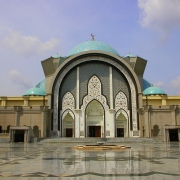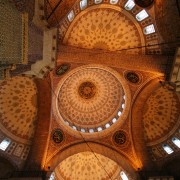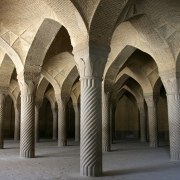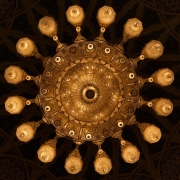Maratib al-Taqwa: Sa’id al-Din Farghani on the Ontology of Ethics
“Given the philosophical tradition’s explicit acknowledgment that “the Necessary in Existence” (al-wājib al-wujūd) is a proper designation for God per se, and given the fact that this acknowledgment came to be shared by various forms of Sufism and Kalam, it should come as no surprise that many scholars who investigated the reality of the human, “created upon the form of God,” concluded that ethical perfection amounted to the soul’s harmonious conformity with the Real Existence (al-wujūd al-ḥaqq). Early on, philosophers tended to keep ontology separate from ʿilm al-akhlāq, the science of ethics, but they used expressions like al-tashabbuh bi’l-ilāh, “similarity to the God,” and taʾalluh, “deiformity,” to designate the state of human perfection. Achieving perfection demanded transformation of khulq“









